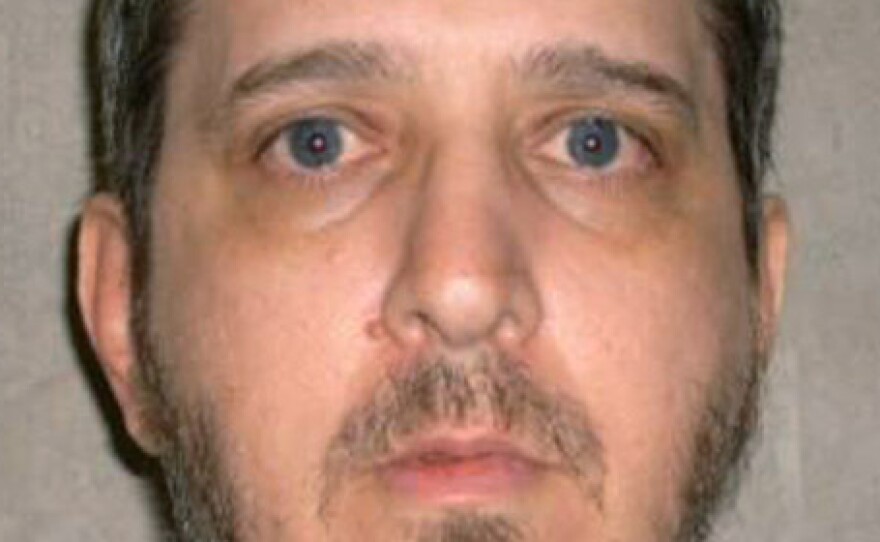With just hours left before it was scheduled, an Oklahoma court halted the execution of Richard Glossip on Wednesday.
Glossip's case, if you remember, became national news because he took a challenge of legality of a new drug cocktail used for executions all the way to the Supreme Court.
The Court sided with Oklahoma saying using midazolam to render an inmate unconscious did not violate the U.S. Constitution's ban on cruel and unusual punishment.
Today, the Oklahoma Court of Criminal Appeals put his execution on hold for two weeks. This time because it wants to examine new evidence in the case.
Glossip was convicted of hiring Justin Sneed to kill Barry Van Treese in January of 1998.
"The new evidence for the court to consider involves Justin Sneed, the man who is serving a life sentence without the possibility of parole for carrying out the killing. Sneed said Glossip hired him to do it. "Among the evidence is an affidavit from Michael G. Scott, a former inmate who said he served time with Sneed and overheard him bragging about framing Glossip for the murder. "Other evidence is testimony from a second inmate, Richard Allan Barrett, that Sneed was a thief and a methamphetamine addict and that there was no indication he was under Glossip's control. Barrett said he met both Glossip and Sneed while using drugs in the motel room Barry Van Treese was murdered in."
Oklahoma has executed one other death row inmate — Charles Warner — since it botched the execution of Clayon Lockett in April 2014.
Copyright 2015 NPR. To see more, visit http://www.npr.org/.






